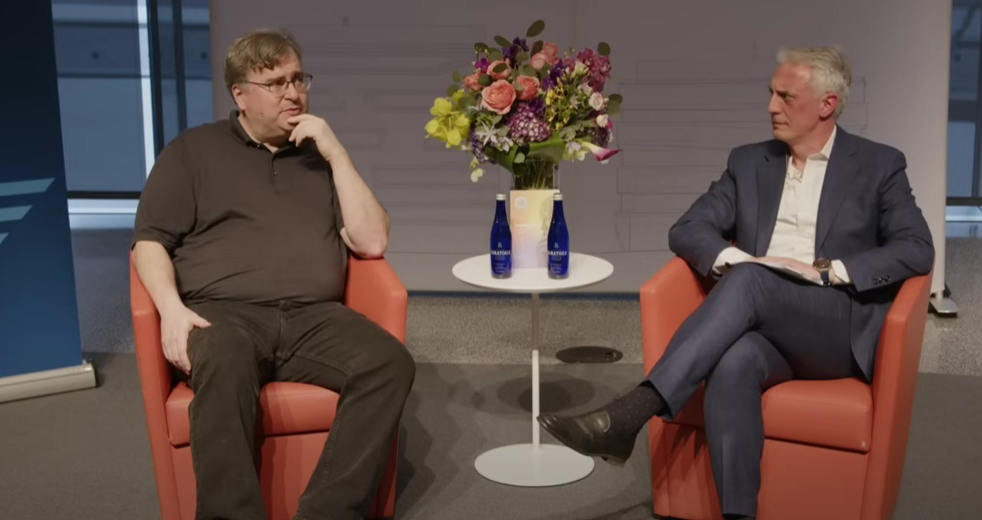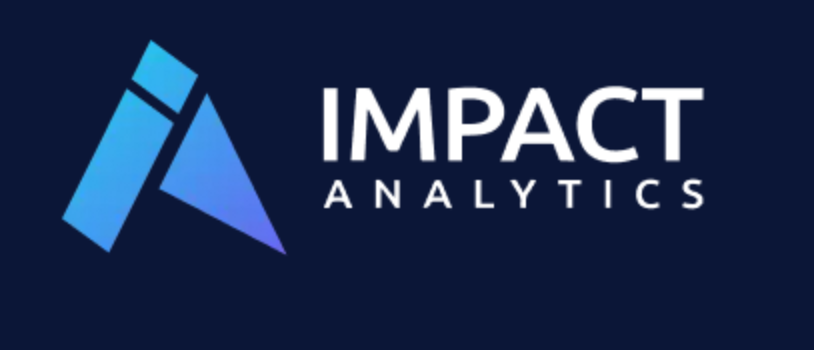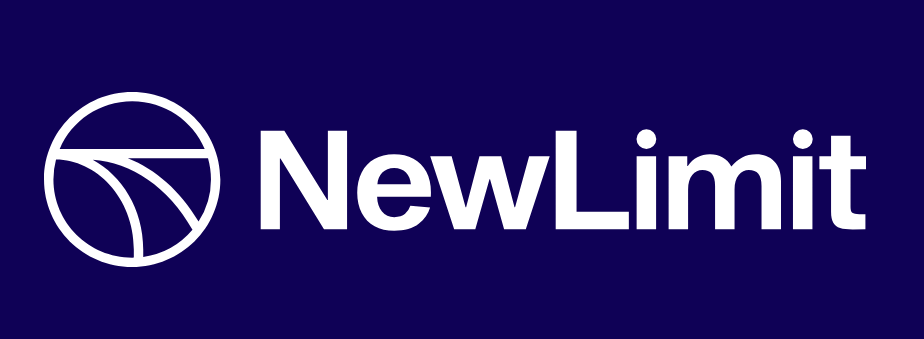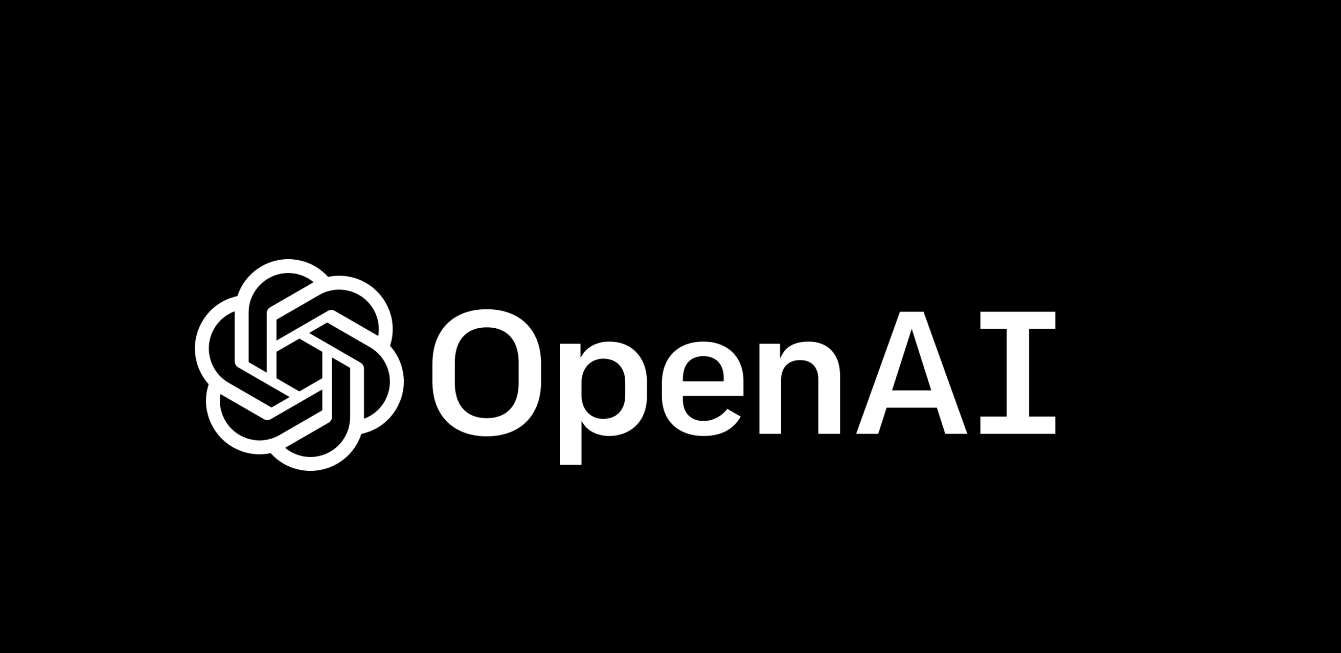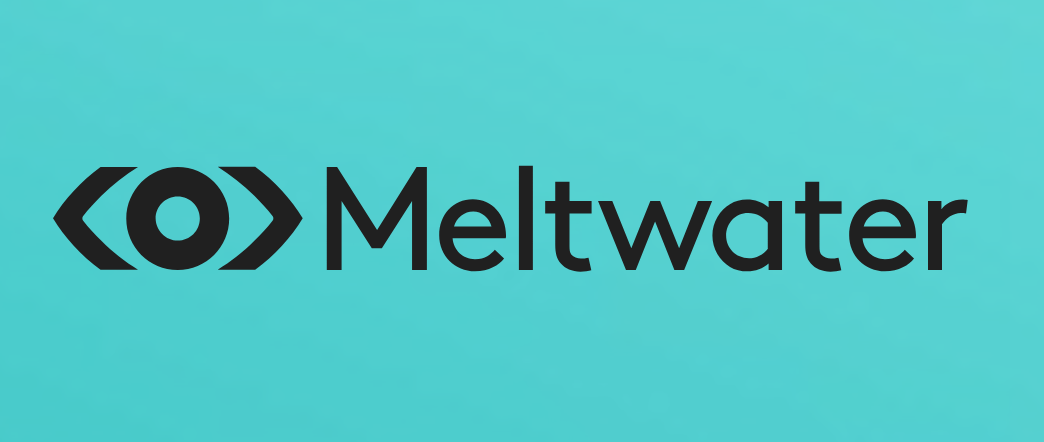In a wide-ranging discussion on the future of AI at Columbia Business School, LinkedIn co-founder Reid Hoffman predicted the technology will usher in an era of “cognitive superpowers” that will fundamentally amplify human capabilities.
“At its baseline, I think what we’re doing is we’re creating the cognitive industrial revolution, steam engine of the mind,” said Hoffman. “And as part of that, it greatly amplifies what we’re capable of.”
Hoffman, an accomplished entrepreneur, executive and investor who has played key roles at companies like PayPal, LinkedIn and Inflection AI, joined Columbia Dean Costis Maglaras as part of the school’s new Distinguished Speaker Series. He expounded on how large language models like GPT-4 are already providing new cognitive abilities that were once incredibly difficult or even impossible for humans.
“For example, you know, GPT-4 already gives us superpowers,” Hoffman stated. “So if you said, ‘I’d like to have an expert tell me the inner relationship between the ministry of experts model of training AI and game theory,’ I’m sure we could probably find 20 or 30 people who might be able to do that. And then you say, ‘I’d like that, plus it’s parallels with oceanography.’ Zero human beings. GPT-4 can do that.”
However, Hoffman cautioned that the technology will not simply replace human workers en masse. Instead, he sees AI becoming a powerful complementary tool that enhances human skills and abilities across industries.
“It isn’t that human beings are going to be replaced, it’s that human beings that are using AI are going to be the people who are going to be getting the jobs,” Hoffman explained. “Marketing, it’s a competitive thing between companies. The composition of some of the jobs may change.”
Looking ahead, Hoffman is bullish that AI will continue its exponential progress over the next few years at least, enabling radical breakthroughs in fields like drug discovery, education and beyond.
“I see a line of sight to how an AI can be an amplifier in every academic discipline other than maybe theoretical physics, and even theoretical physics, maybe,” said Hoffman. “And if you wanted to do this exercise yourself, just think about what if, like, it’s 1,000x better than a specialized search engine and each of these disciplines could use a specialized search engine.”
With AI’s rapid development showing no signs of slowing, Hoffman urged individuals, businesses and policymakers to focus on how to harness the technology’s potential while mitigating risks — not trying to hold back the inevitable waves of progress.
Featured image: Credit: Columbia Business School
